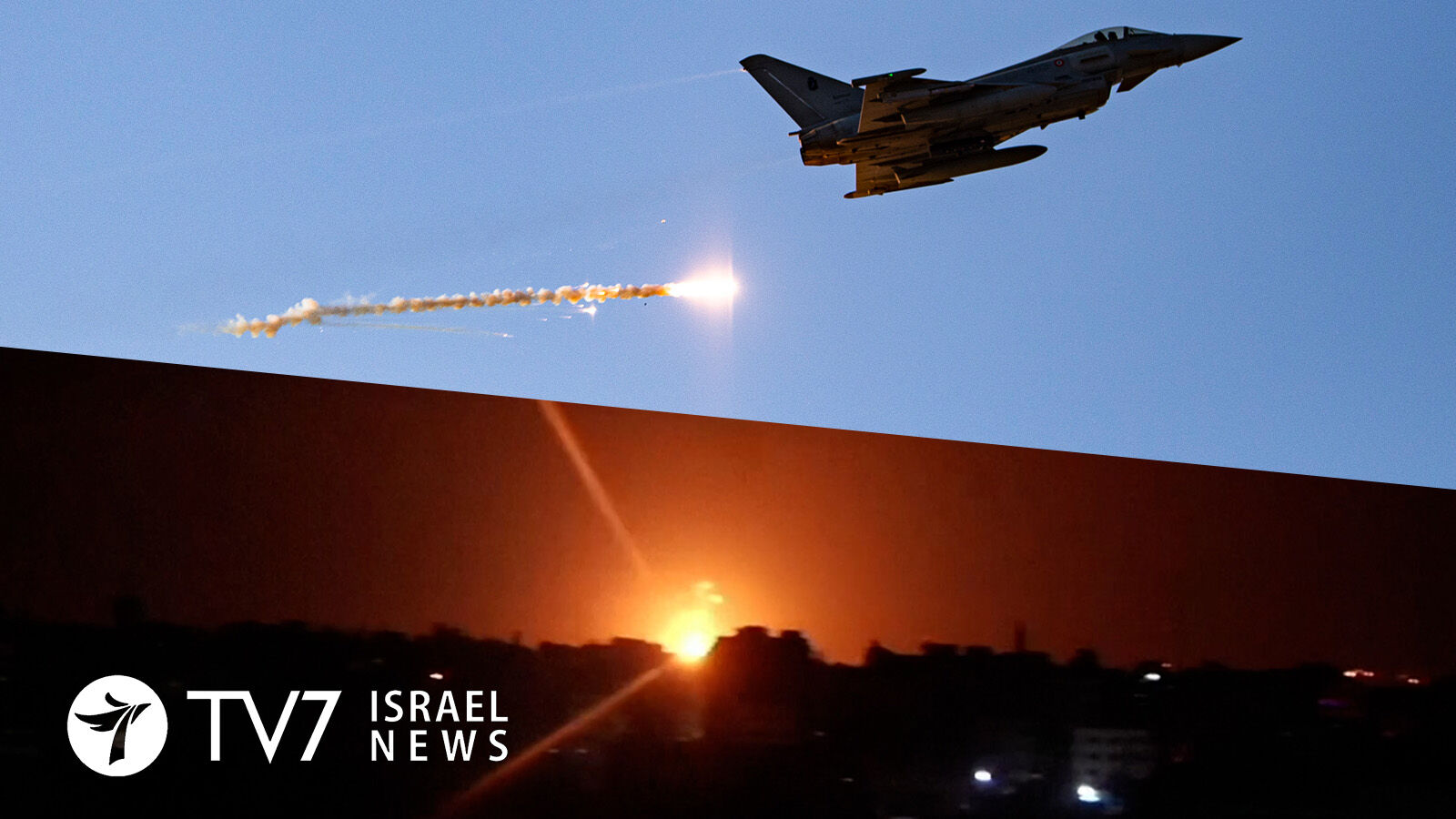Unidentified aircraft launched missile barrages toward the industrial zone of the Damascus International Airport, as well as additional targets in the rural region of Al-Saida Zainab, situated in the Rif Dimashq Governorate.
By Jonathan Hessen and Erin Viner
Local television reported that the Syrian Armed Forces deployed the country’s aerial systems in attempts to intercept at least four missiles were fired from fighter jets early yesterday.
Despite those efforts, several weapons storage facilities and other infrastructure identified as belonging to Iran’s local proxies were successfully destroyed in the bombardment. According to the Saudi Arabian-operated Al Arabiya network, an anti-aircraft battery that had recently been placed near the airport and was struck just after the landing of an Iranian plane.
Two armed militants believed to have been affiliated to the Lebanese Iranian-proxy Hezbollah were reportedly wounded in the strike; which the Damascus regime predictably blamed on the Israel Defense Forces.
Israel conducts near weekly operations against Iranian smuggling efforts, succeeding in “entirely closing off” most of the air, sea, and ground and ground routes, said IDF Chief of Staff Lieutenant General Aviv Kochavif last week, while effectively assumed responsibility for an aerial bombardment on an Iranian convoy that sought to cross the border from Iraq into Syria in an 8 November attack that Iraqi officials destroyed two fuel trucks.
Seeking to highlight Israel’s qualitative military edge in attaining pinpoint intelligence on attempts by the Islamic Republic to smuggle weapons to its regional terrorist proxies, Gen. Kochavi stressed the IDF is routinely successful in “disrupting the pace” of deliveries to both the Syrians and the Hezbollah terror organization.
The IDF generally refuses to comment on alleged operations against suspected Iranian-sponsored weapons transfers and personnel deployments, although Jerusalem officials have acknowledged mounting hundreds of attacks on Iranian-linked targets in Syria from which the Islamic Republic and its proxies have tried to attack neighboring Israel over the last decade.
Western intelligence sources say Israel’s “shadow war” against Iranian-linked targets inside Syria has escalated over the past year. Research centers for weapons development and munitions depots operated by Islamic Revolutionary Guards Corps (IRGC) have particularly been in the IDF’s crosshairs.
In related developments, the United States Central Command (CENTCOM)announced today that its forces conducted three helicopter raids in eastern Syria over the previous 48 hours.
The missions resulted in the capture of six Islamic State (ISIS) terrorist operatives, according to the statement, specifying that one of the detainees was a senior member who had carried out attacks in the Arab Republic.
